From June 27 to July 2, 2022, Strasbourg hosted the flagship event of the Council of Europe’s “Democracy Here. Democracy Now” Campaign. Action Week has brought together activists, organizations, and institutions from across Europe to celebrate democracy and discuss ways to revitalize it. On this occasion, the Council of Europe also celebrated the 50th anniversary of its youth sector and its contribution to democracy, human rights, and the rule of law.
Dimitrije Jovićević, a representative of CONNECT International, had the opportunity to participate in this event’s Digitalization Plenary and discuss how digital technology affects democracy: the challenges, but also the opportunities, and why we all need to collaborate on different elements of the digital agenda to ensure that digital technology safeguards democratic principles and values!
During the discussion, he mentioned that nearly 95 percent of European youth today have access to the internet and that they both consume and create digital content. Even if they do not produce content, they nevertheless leave a digital footprint that is highly relevant to the topic at hand. By using surveillance tools or cookies, different industries and political parties that use profiling and microtargeting get a lot of useful information from young people and other citizens.
“And this might be one of the most significant threats to democracy: so-called information bubbles. They are, of course, worsened by artificial intelligence, but even without it, they are still a cause for concern. The information bubbles, in which citizens have limited access to overall information and serve only a portion of it, cause polarization and segmentation of society. This, of course, leads to action both online and in person, which has a negative impact on democracy. When coupled with misinformation or disinformation, it creates space for hate speech, sometimes leading to hate crimes, but also greater nationalism and extremism,” our representative noted.
On the other hand, he emphasized that a limited number of non-profit platforms serve as places for the meaningful exchange of ideas, knowledge, and opinions, and that there’s a need to increase their visibility and use. He also discussed mechanisms like e-consultation, e-voting, e-justice, and e-participation, which are important for digital citizenship and online democracy.
“E-voting is undoubtedly one of the most important mechanisms for digital citizenship. But let’s not forget: democracy is more than just elections. It is also about what we do in the meantime. So, without a doubt, e-consultation, e-petition, and other e-governance tools that allow for innovative methods of engaging and participating in democratic processes are equally important. This means that citizens can be consulted and share their opinions and views. But it also means, and this may be one of the most important aspects of building democracy online, that citizens can access public documents and data online—which would be much harder to keep track of on a daily basis in physical life,” he pointed out.
“And we’ve seen young people do it, with the Climate Change Movement and Greta Thunberg being a great example. However, we must continue to work on enabling wider groups of young people, and in particular youth organizations, to use digital technology for similar purposes, as well as to explore and create new ones, which will shape new mechanisms of participation, “he concluded. Our representative further emphasized the significance of education, specifically critical thinking and media literacy among young people, and the need for citizens to join counter movements to protect digital space.
In his closing words, he called on all stakeholders, and especially young people, to work together “because digital is both our present and our future, and we owe it to ourselves and future generations to ensure that it is used for the benefit of young people and society as a whole.”
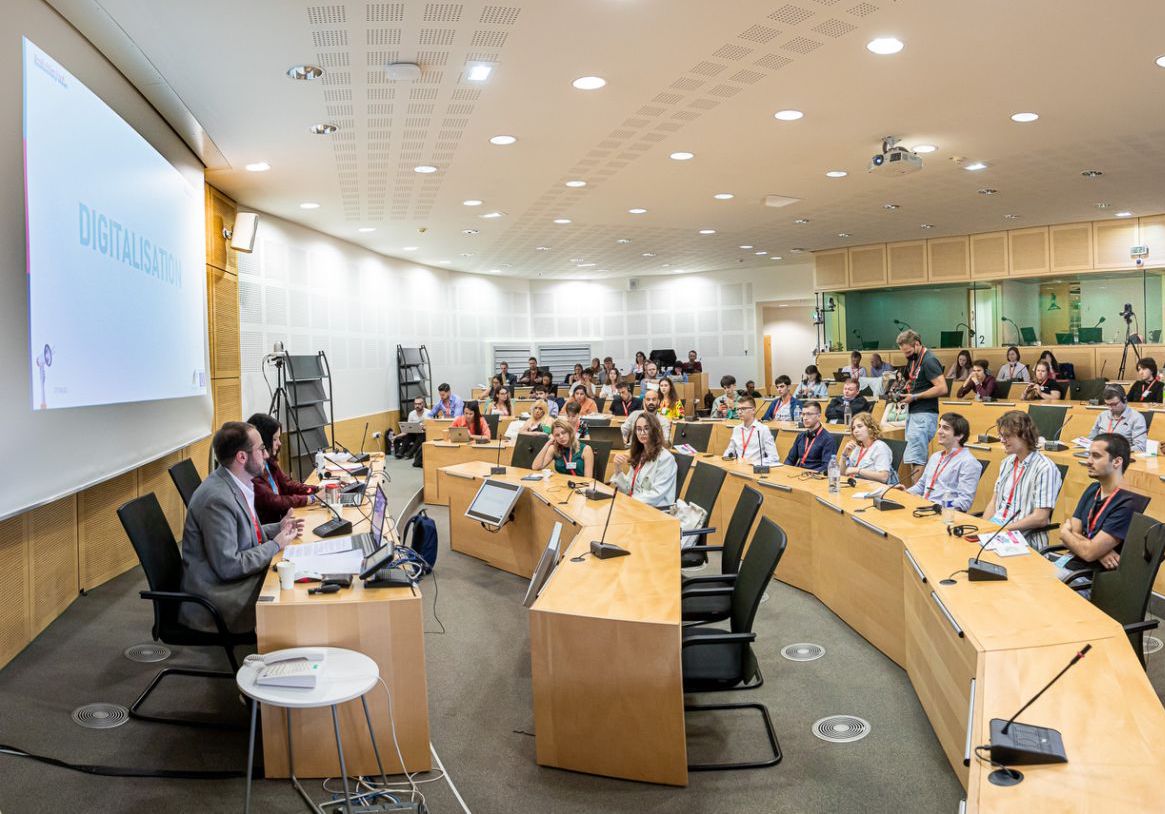
 SUPPORTERS
SUPPORTERS 
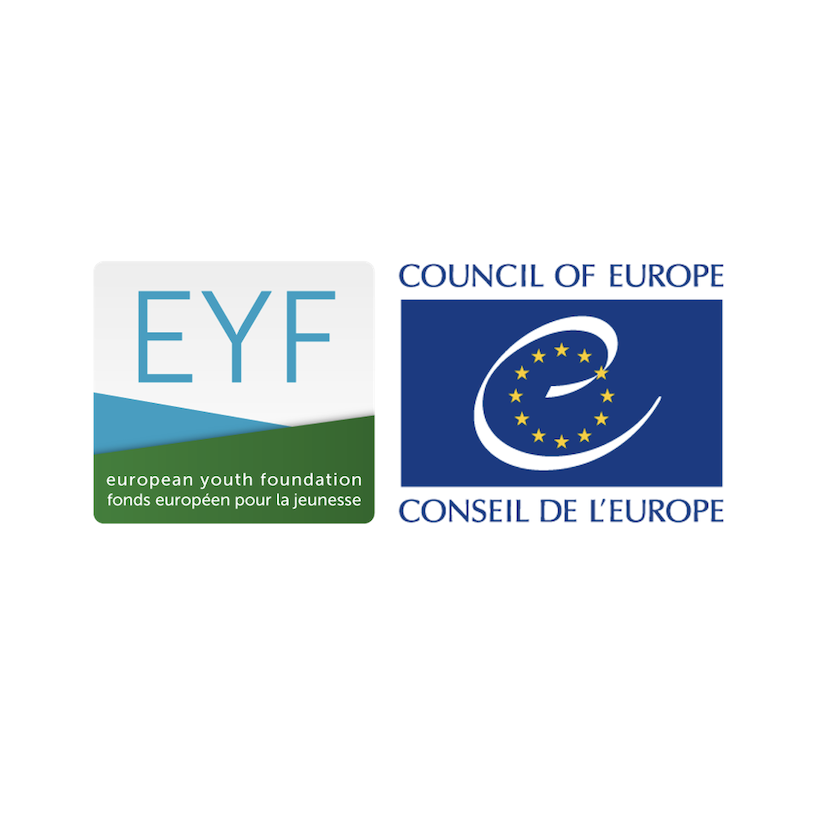
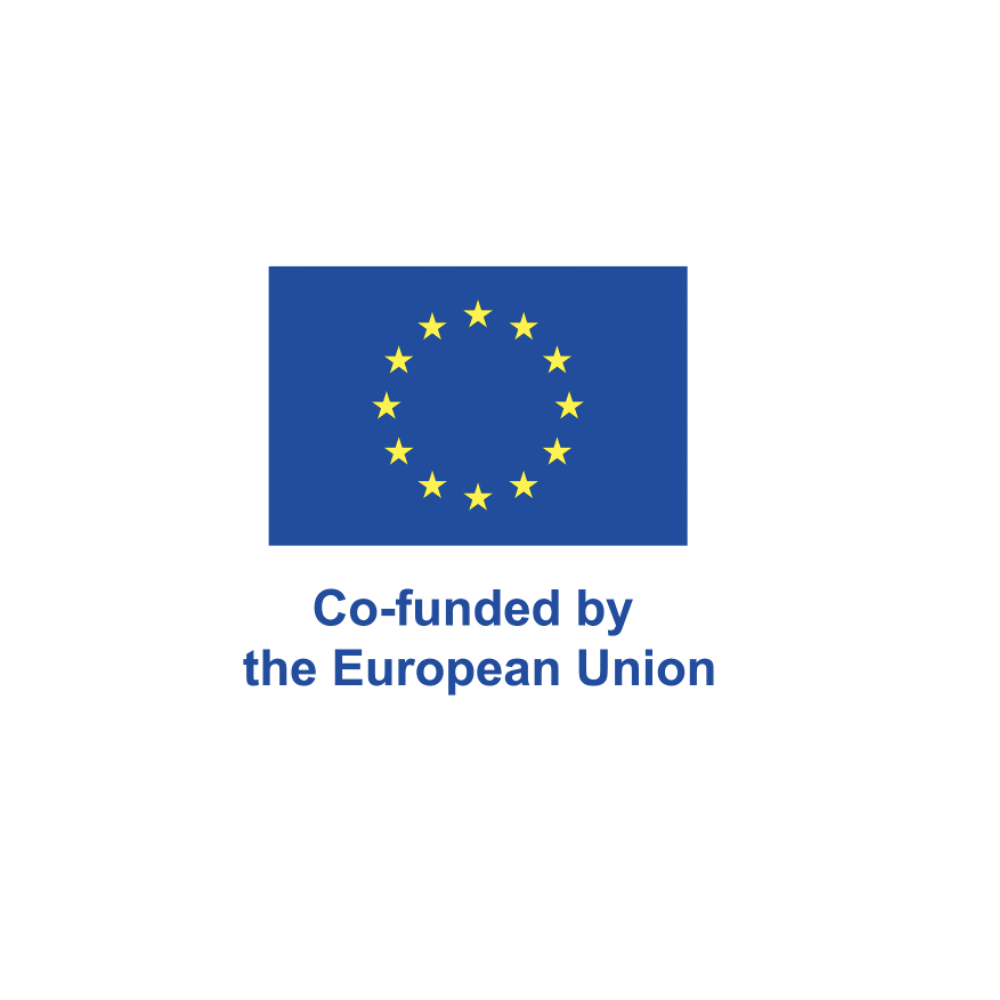


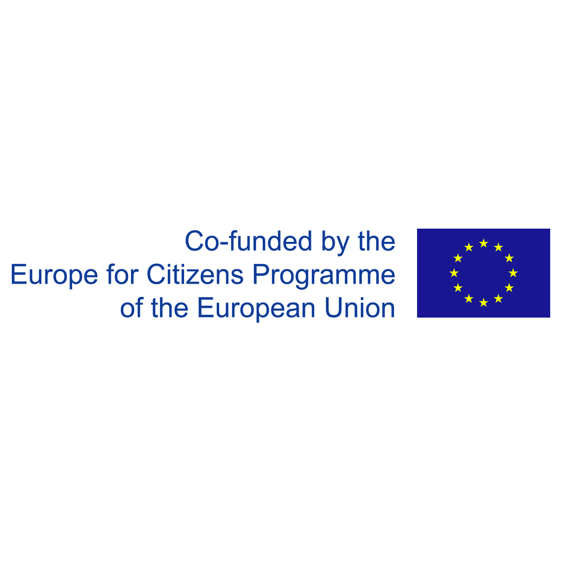
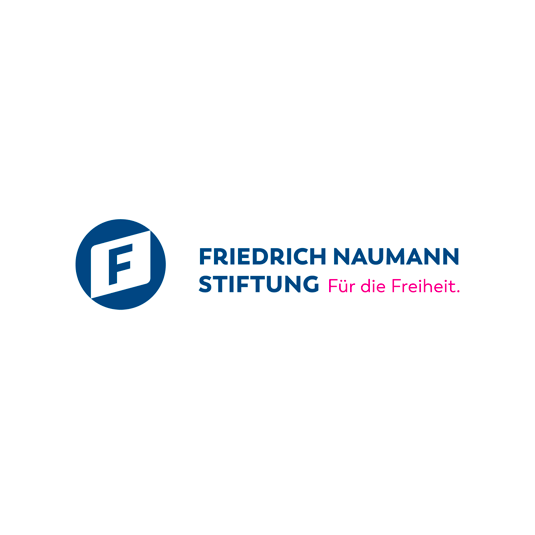
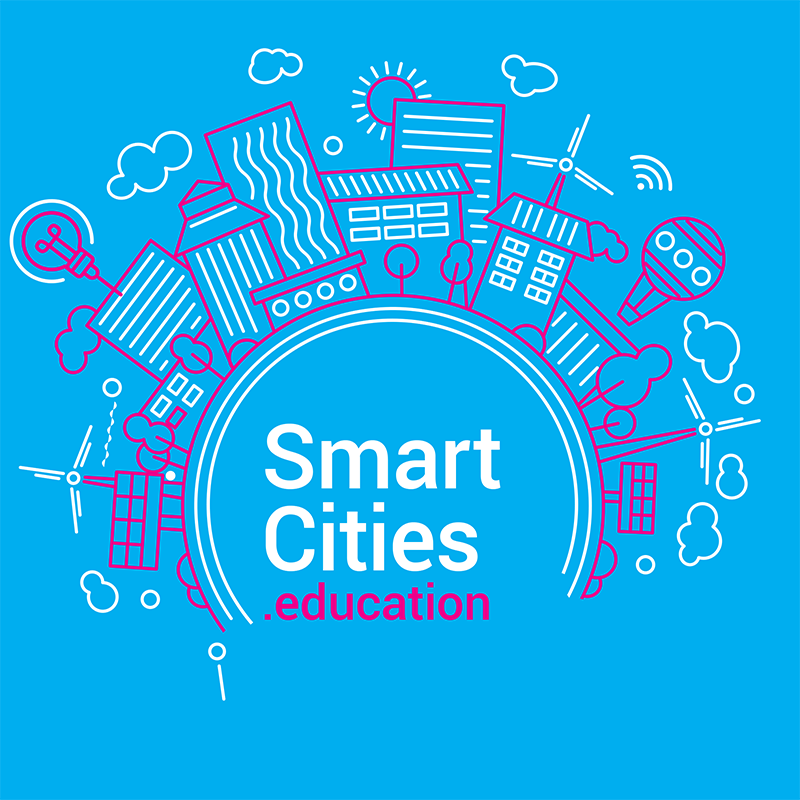
 CONNECT WITH US
CONNECT WITH US 